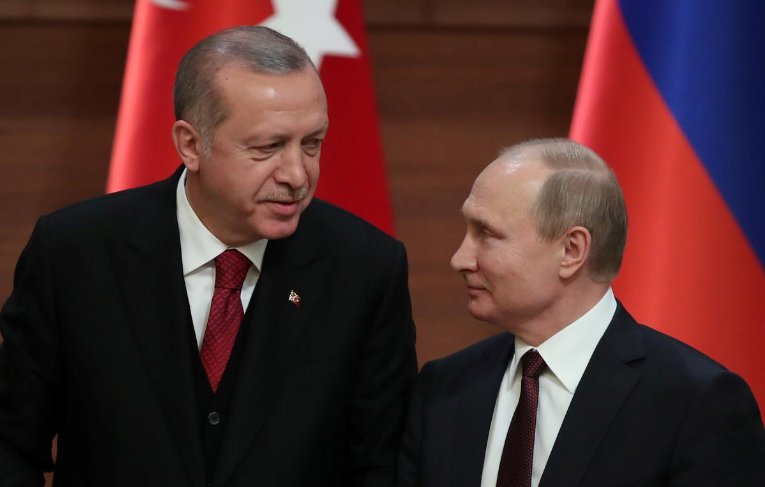
Russia and Turkey – which are playing a leading role in bringing about a ceasefire in Libya – do not seem to agree on the modalities of a lasting truce. On Sunday 14 June, Russian Foreign Minister Sergei Lavrov and Defense Minister Sergei Choigou were expected in Istanbul, but the visit was cancelled at the last minute. No reason has been given, but according to Turkish media reports, there are reports of disagreements between the two countries supporting opposing camps in Libya.
“Our differences are not about fundamentals,” the Turkish Foreign Ministry said after the cancellation of the planned visit to Ankara by two Russian ministers, Sergei Lavrov of Foreign Affairs and Sergei Shogun of Defense. Russia and Turkey support two opposing camps in Libya and Ankara considers that it has made more progress on the ground than Moscow, which gives it the right to impose its conditions on the partition agreement that will lead to a ceasefire in Libya.
Ankara therefore rejects the Russian proposal and asks for a return to the situation before 2015. That is to say, the withdrawal of the Libyan national army led by Khalifa Haftar to Benghazi, which Moscow totally refuses. The Kremlin wants to impose a route for a ceasefire respecting its red lines: Sirte, Al Joufra and the oil crescent.
Since 13 June, a joint committee has been trying to make progress on a Turkish-Russian agreement, but without success. Turkey minimizes the differences and only mentions “technical difficulties” for a ceasefire. In the absence of an agreement between Ankara and Moscow, the fighting is likely to resume. Turkey aims to achieve further victories in order to reach the negotiating table from a position of strength. It continues to send mercenaries and weapons to the GNA, which has gathered all its forces around Sirte.
